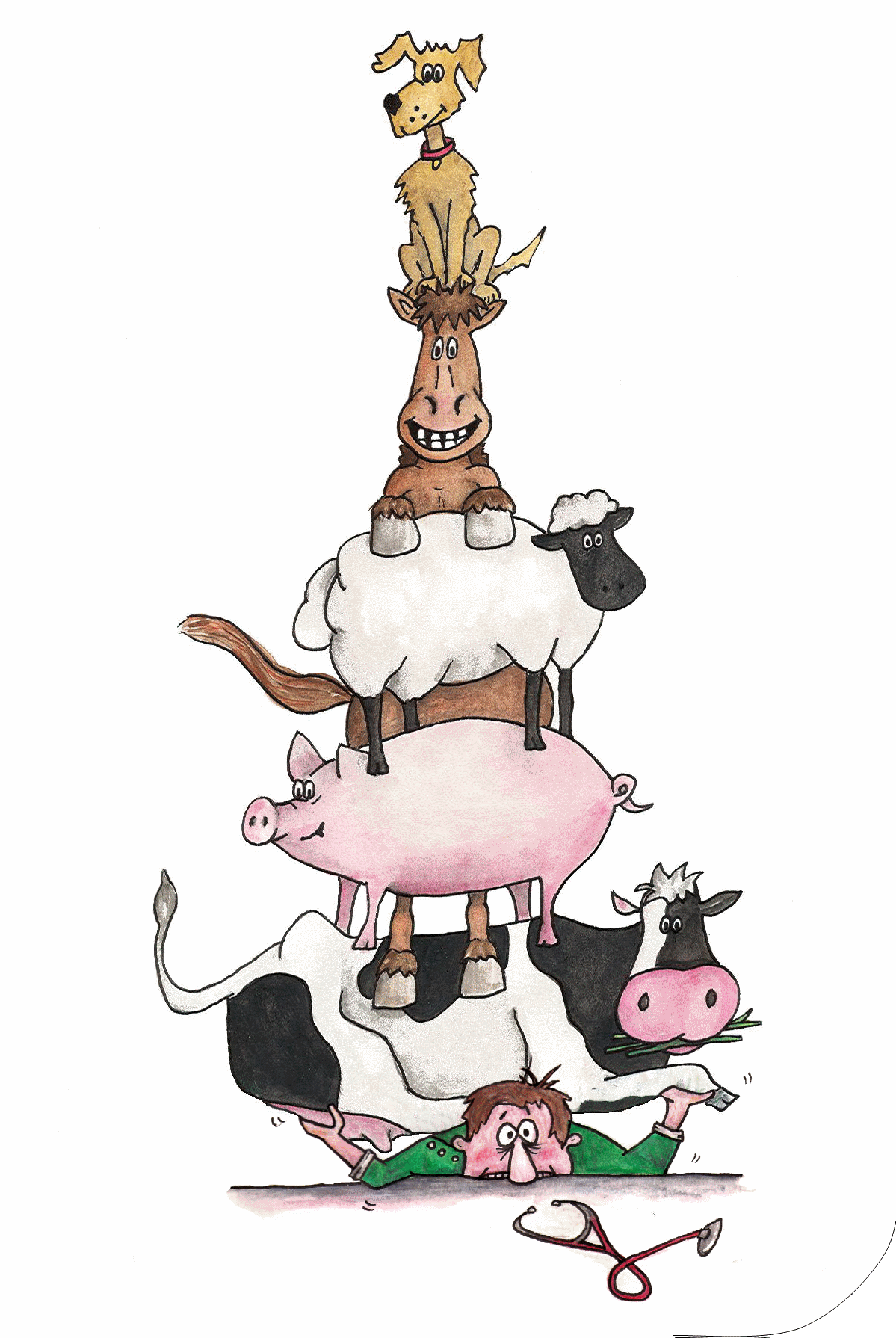Veterinary Surgeons warned to remain vigilant for signs of Equine Infectious Anaemia (EIA) after a case found in a horse in Cornwall.
A case of Equine Infectious Anaemia (EIA) has been confirmed by Defra in a horse stabled in Cornwall.
The affected horse will be humanely destroyed; all other precautions were promptly taken at the time of discovery to prevent infection from spreading, including movement restrictions on the premises at which it was stabled. The horses stabled alongside the infected animal(s) are also currently being tested for signs of disease.
EIA is a viral disease that affects horses, mules and donkeys and is most commonly spread by biting insects such as horse flies. The disease can be fatal as there is no treatment and no recovery for horses.
The Health Protection Agency has said EIA cannot be spread from animals to people and is not a risk to human health. The disease does not spread quickly and is unlikely to spread widely from infected horses as the flies that transmit the disease only travel short distances to feed.
The BVA is asking veterinary surgeons in the south west to remain vigilant for signs of infection. The disease is characterised by a recurring fever, anaemia, oedema (fluid retention), emaciation and death. Many horses have very mild or unapparent signs on first exposure. All infected horses, including those that are asymptomatic, become carriers and are infectious for life.
EIA is a notifiable disease: anyone suspecting the disease must immediately notify the duty vet at their local AHVLA Office.
UK Chief Veterinary Officer Nigel Gibbens said; “We have confirmed that one horse is infected with Equine Infectious Anaemia. All the necessary precautions to prevent disease spread, including movement restrictions on the sick horse and others at the same stables, were put in place as soon as we became aware of the animal’s illness. We have also begun a thorough investigation to ascertain whether any other horses may have been exposed to risk of infection.
“Equine Infectious Anaemia is a serious disease but it can be contained by finding infected horses and removing them so that they do not infect others.
“This country has a robust record of disease prevention and management. All reports of suspect notifiable disease are taken exceptionally seriously and are investigated immediately.”
Further information and up to date information on the current situation is available at http://www.defra.gov.uk/ahvla/



Follow us:
Share this page:




